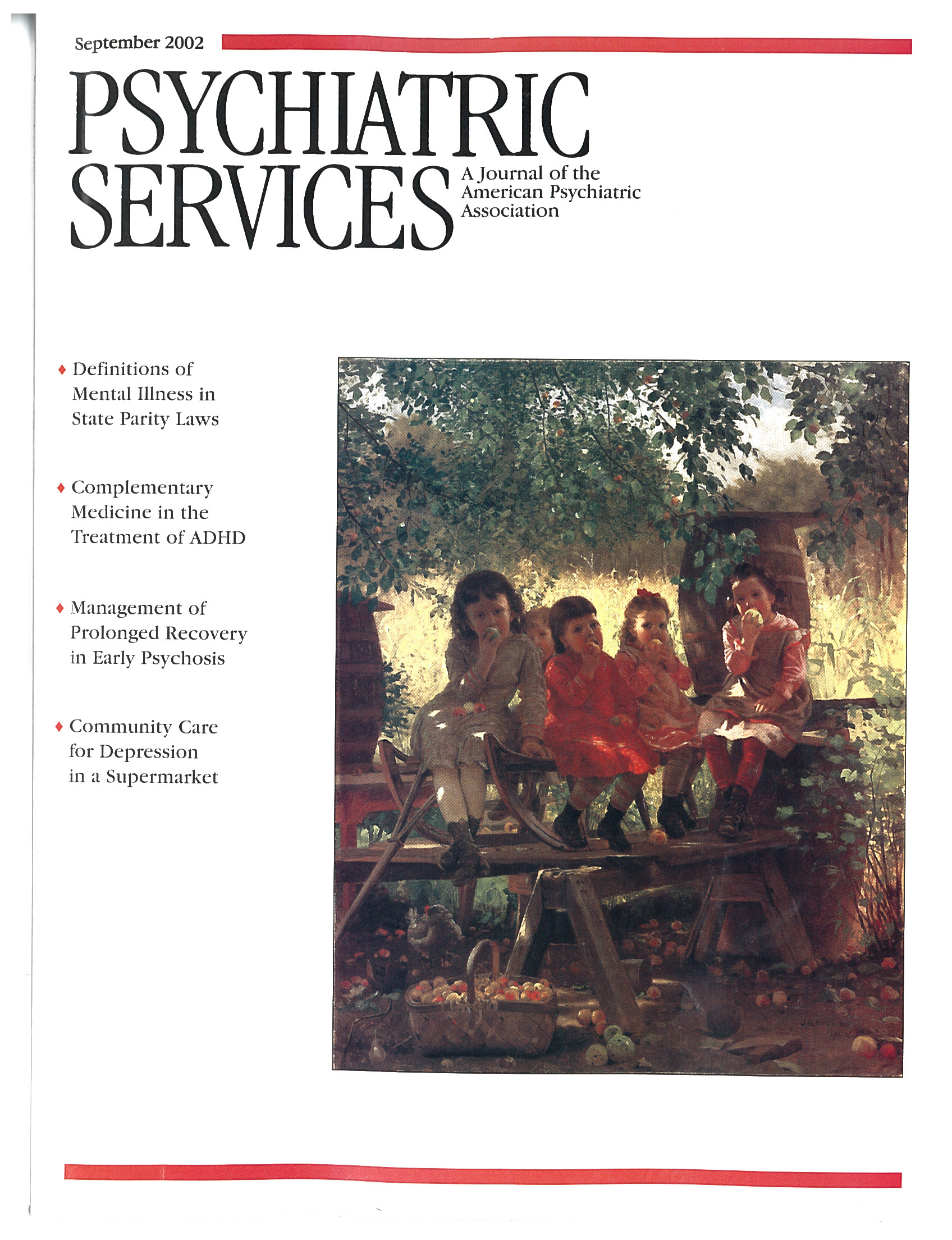Correlates of ADHD Among Children in Pediatric and Psychiatric Clinics
Abstract
OBJECTIVE: Conventional wisdom among pediatricians has been that children with attention-deficit hyperactivity disorder (ADHD) who receive their diagnosis and are managed in the primary care setting have fewer comorbid psychiatric disorders and milder impairments than those seen in psychiatric clinics. The authors sought to determine whether comorbidity and clinical correlates of ADHD differ among children in these two settings. METHODS: A case-control study design was used. Participants were 522 children and adolescents of both sexes, six to 18 years of age, with (N=280) and without (N=242) ADHD. Participants were drawn from pediatric and psychiatric clinics in a tertiary care hospital and a health maintenance organization in a large metropolitan area. Assessments were conducted with standardized measures of psychiatric, cognitive, social, academic, and family function. RESULTS: The number, type, clusters, and age at onset of ADHD symptoms were nearly identical for youths at pediatric and psychiatric ascertainment sources. Regardless of source, participants with ADHD were significantly more likely than controls to have a higher prevalence of mood disorders, other disruptive behavior, anxiety disorders, and substance use disorders. Significant impairments of intellectual, academic, interpersonal, and family functioning did not differ between ascertainment sources. CONCLUSIONS: Children with ADHD from both psychiatric and pediatric practices have prototypical symptoms of the disorder; high levels of comorbidity with mood, anxiety, and disruptive behavior disorders; and impairments in cognitive, interpersonal, and academic function that do not differ by ascertainment source. These findings suggest that children cared for in pediatric practice have similar levels of comorbidity and dysfunction as psychiatrically referred youth.



